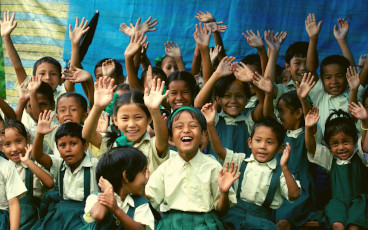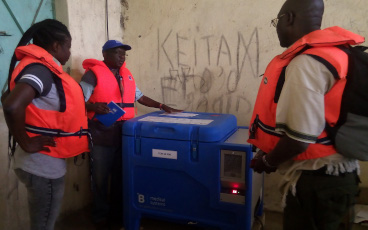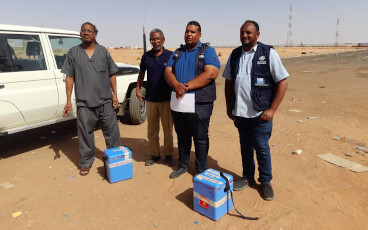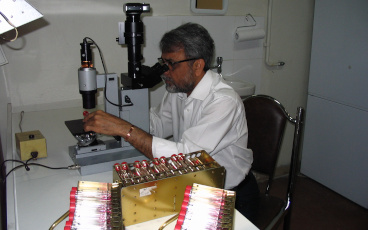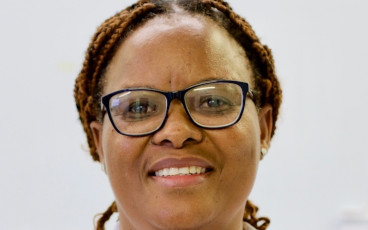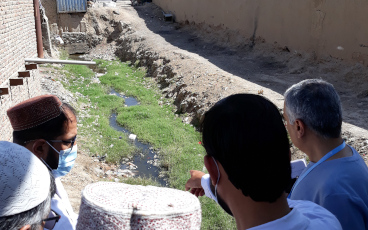Africa’s polio surveillance network front and centre during visit by Korea International Cooperation Agency
February 2019, Brazzaville, Republic of Congo
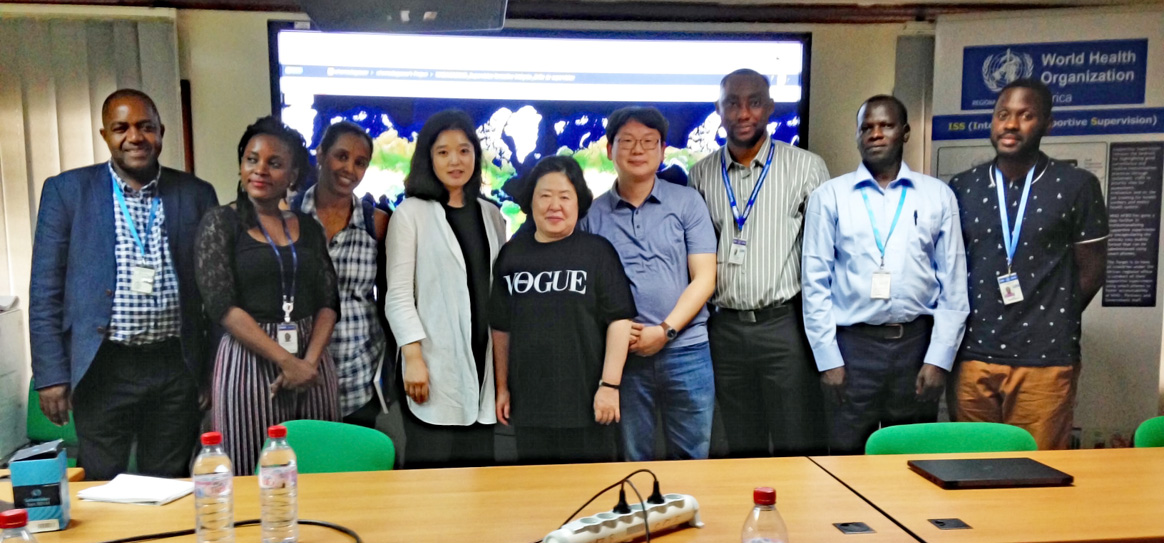
During a visit to WHO’s Regional Office for Africa (AFRO) in Brazzaville by a delegation of officials from the Korea International Cooperation Agency (KOICA), delegates received a first-hand demonstration of the ‘real-time’ surveillance system for polio on the continent.
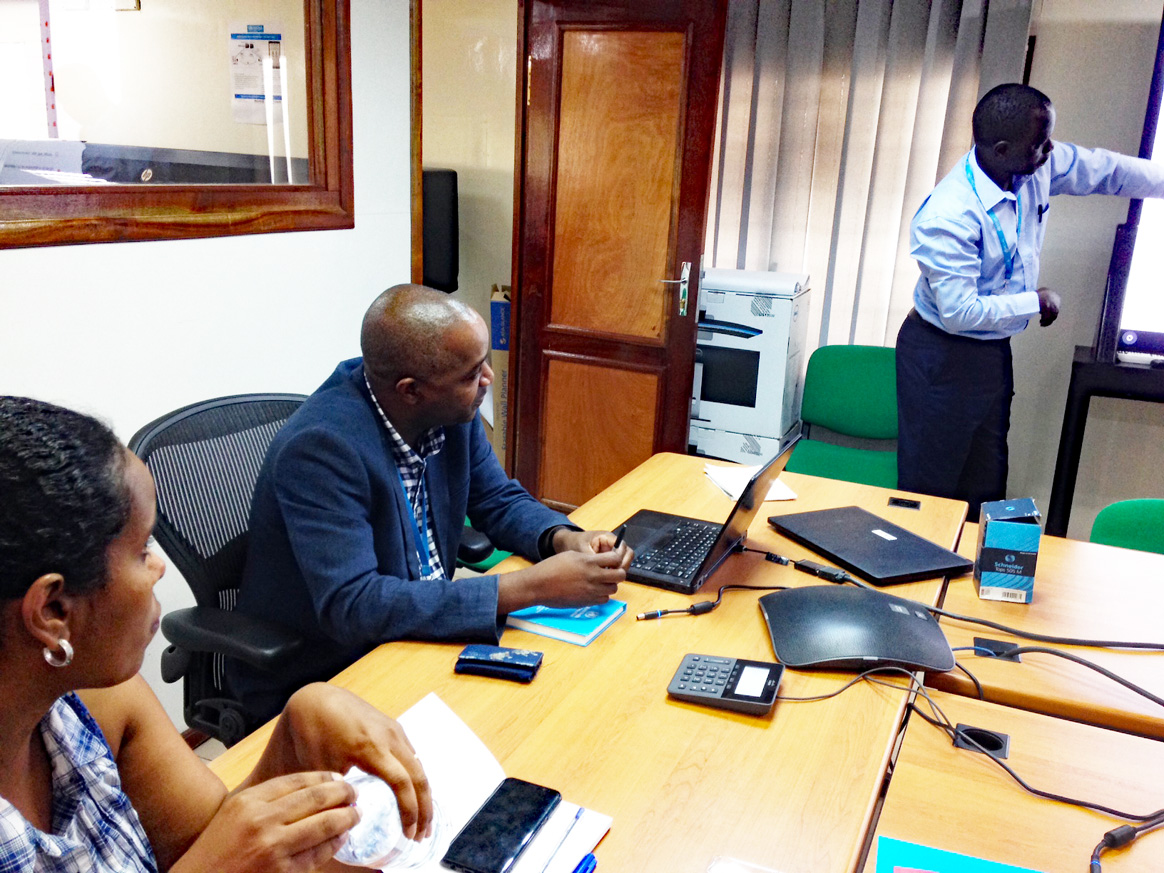
Dr Pascal Mkanda, head of AFRO’s polio eradication effort and his team demonstrated the newly-launched and real-time innovative mobile surveillance system, aimed at strengthening polio surveillance across the continent. Thousands of medical officers and health officers across the continent are dispatched to health clinics to actively search for cases of acute flaccid paralysis (i.e children with polio-like symptoms). Results of visits are communicated right back from the field level to the regional office in real time, via mobile phone technology.
This system is providing valuable and real-time evidence of poliovirus circulation, and helps drive strategic implementation. At the same time, the system is now being used to conduct active surveillance for other diseases, including cholera, NNT, measles, HIV and yellow fever, allowing for rapid response.
Developed in close coordination with the Bill & Melinda Gates Foundation, and are part of ongoing efforts to fill remaining subnational surveillance gaps, particularly in the lead-up to potential regional certification of wild poliovirus eradication (which could occur as early as late 2019/early 2020).
Africa’s polio eradication effort is generally supported by key private and public sector partners, including Rotary International. The Republic of Korea is a key partner in the effort, having contributed more than US$6 million to the effort, directly through KOICA. Support has been strategically allocated to supporting outbreak response and strengthening disease surveillance, and this visit builds further on Korea’s support to the global eradication effort. Strong disease surveillance is the underlying key strategic strategy, enabling rapid outbreak response as needed.


